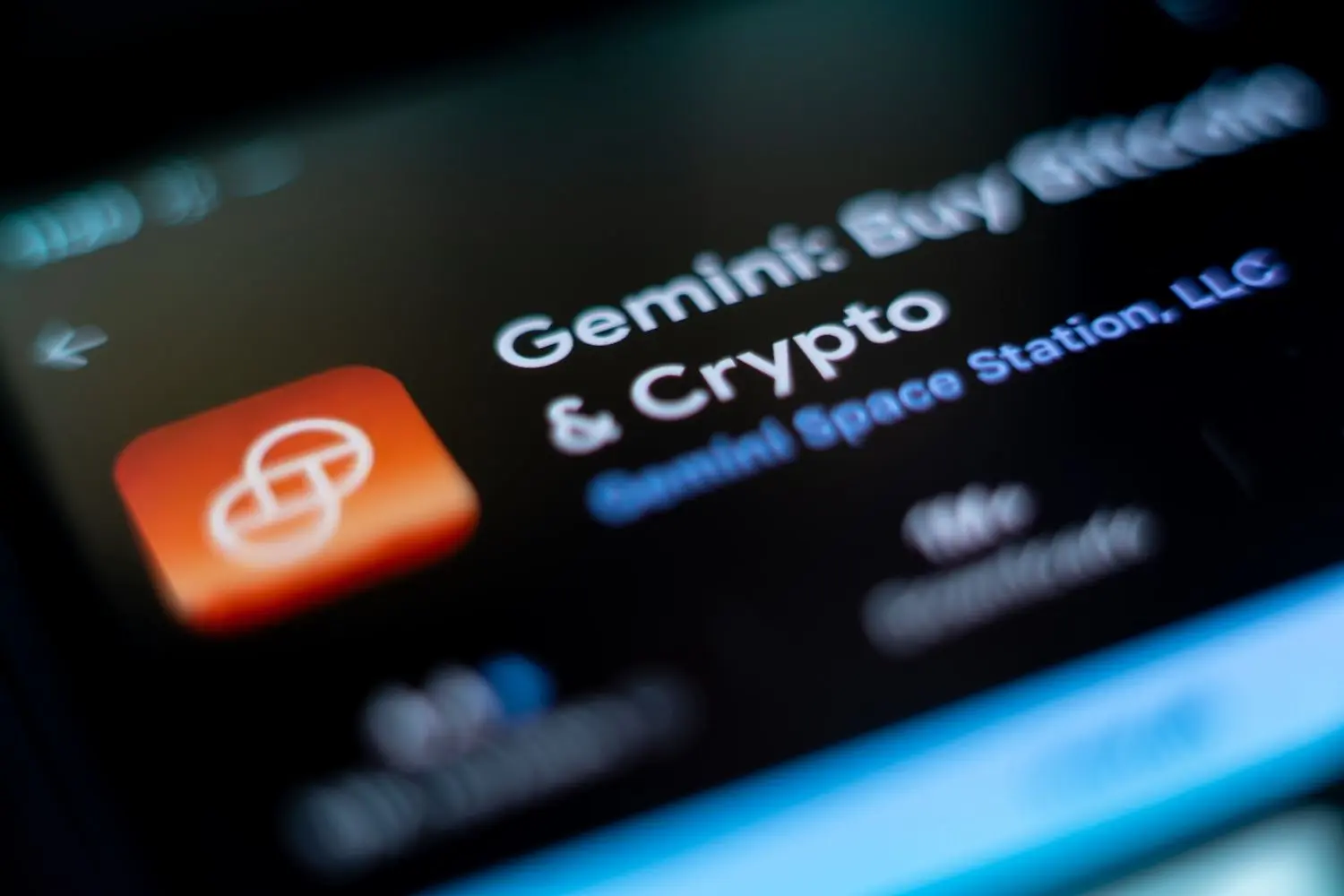Gemini, the cryptocurrency exchange operated by billionaire brothers Cameron and Tyler Winklevoss, introduced a credit card offering Solana rewards on Oct. 20, marking the platform's latest attempt to expand consumer offerings amid volatile market conditions. The card allows users to earn up to 4% back in Solana tokens on purchases, with an additional staking option that could push returns to 6.77%.
What to Know:
- Gemini's new credit card enables automatic staking of Solana rewards, a first for the exchange's customers, with the platform reporting 299.1% growth for users who held rewards for at least one year through July 27, 2025.
- The launch coincides with Gemini's recent Nasdaq debut under ticker GEMI, which raised $425 million but now trades at $20.29, below its $28 initial public offering price.
- Solana has declined 20% over the past 14 days and trades 36% below its all-time high, leaving year-to-date gains at just 17%.
Credit Card Details and Staking Features
The Solana edition credit card carries no annual fees, eliminates charges for receiving cryptocurrency rewards and waives foreign transaction fees. Users can choose to automatically stake their Solana rewards upon signup or switch to this option if they already hold Gemini cards.
The exchange highlighted performance data showing customers who maintained their Solana rewards for a minimum of one year saw holdings increase by 299.1% as of July 27, 2025. Gemini described this as among the strongest performances for cryptocurrencies available on its platform.
The company expanded institutional services for Solana in June, launching staking options for exchange-traded funds, corporations and high-net-worth clients through Gemini Custody. The service attracted partnerships with DeFi Dev Corp., which manages more than 2 million Solana tokens, and Purpose Investments, a Canadian firm that issues a Solana ETF.
Market Position and Promotional Activities
Gemini partnered with Solana to broadcast a 48-hour continuous livestream starting Oct. 21 from the exchange's New York City headquarters on X, the social media platform formerly known as Twitter.
The credit card debut follows Gemini's stock market entry earlier this year. The exchange went public on Nasdaq with shares priced at $28, generating $425 million on its first trading day. Other cryptocurrency companies completed public offerings in 2025, including Circle, which issues the USDC stablecoin ranked second by market capitalization, and Bullish, supported by investor Peter Thiel.
Gemini stock currently trades at $20.29 with a market capitalization of $2.7 billion, representing a decline from its IPO price. Solana has erased most of its yearly gains, dropping 20% over 14 days and 21% across 30 days. The token maintains 17% gains for the year but remains 36% below its record high.
Understanding Key Terms
Staking allows cryptocurrency holders to lock their tokens in a network to help validate transactions, earning rewards similar to interest payments. Exchange-traded funds provide investors access to cryptocurrency prices without directly purchasing digital assets. Market capitalization represents total value calculated by multiplying a company's share price by outstanding shares.
Closing Thoughts
Gemini's Solana rewards card enters the market as both the exchange and the cryptocurrency face downward price pressure. The product aims to differentiate itself through staking capabilities and fee-free structure, though success will depend partly on Solana's price recovery and broader adoption of cryptocurrency payment cards.



